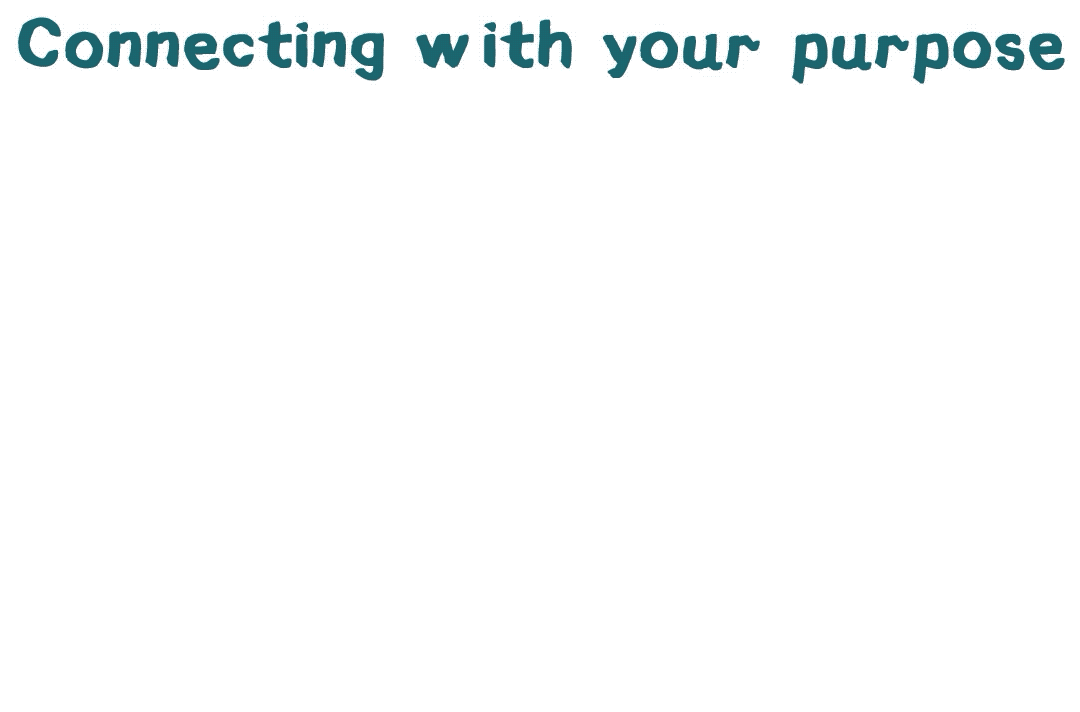Confidence

“Always be yourself, express yourself, have faith in yourself, do not go out and look for a successful personality and duplicate it.”
Bruce Lee

What do you think of when you read that word? How do you feel?
Is it something that you feel connected to? Does it make you feel good? Or is it something that feels a very long way away?
Confidence is described in lots of ways, but it means feeling sure of yourself and your abilities – not in an arrogant way, but in a realistic, secure way. Confidence isn’t about feeling superior to others. It’s a quiet inner knowledge that you’re capable. Confidence is about having faith in yourself.
However the word ‘confidence’ makes you feel right now, understanding your confidence is an important part of working on it.
Connecting with confidence
Grab some paper and a pen

Complete these sentences:
– I am confident when…
– I am really not confident when…
– One thing that I have become more confident in is…
– Three things that support my confidence are…
2 things we know about confidence:
Confidence depends on the situation. We can be really confident in one situation and really not confident in another. Our feelings of confidence can go up and down.
Your confidence changes over time. As we grow older our levels of confidence can change in different situations. As we try new things and get better at them, we can develop confidence.
Looking at the examples of your own confidence that you wrote down, can you spot anything that shows that your confidence is situational or how it changes over time?
What supports confidence?
Your confidence is influenced by so many things, and so the good news is that there are also lots of things that support your confidence! For example…

Check out these videos for some top tricks and tips to boost your confidence.

3 tips to boost your confidence
There’s always a chance to experiment with your confidence.

7 Psychology Tricks to Build Unstoppable Confidence
Which one could you do today?
Now… Set yourself a confidence goal!
Setting yourself a confidence goal that pushes you just a little bit out of your comfort zone and encourages you to do things that make you feel a little nervous or apprehensive will help you to become more confident.
As you become more confident you should continue to practise your skills to maintain and boost your confidence further.

Step 1: Choose an action from the list below, or think of something else that will work for you.
– Ask a question in a group of people. When could you next do this?
– Start a task or project that you’ve been putting off. What is it? What is the first step?
– Volunteer to give a presentation or make a speech. What would you feel comfortable talking about, even for just one minute?
– Introduce yourself to somebody new or someone you haven’t spoken to for a long time. Where could you do this so you felt safe and comfortable taking this risk?
– Join a group or a course in your community. What do you have going on around you that you could get involved with?
– Take an unfamiliar journey. How could you safely travel somewhere that would be unfamiliar to you?
(Adapted from skillsyouneed.com)
You know yourself better than anybody, if there’s nothing on the list that you think would challenge you to boost your confidence, then think about what else will.
Step 2: Write it down, commit to it and keep it somewhere safe
Step 3: Do it!
You may do it soon, or in some time. But once you’re done, give yourself time to reflect on how it felt before, during and after.

